May 20, 2025
The Potential US TikTok Ban: Understanding the Implications and Stakes
As TikTok faces a potential ban in the United States, social media theorist Clay Shirky delves into the complexities surrounding this controversial issue. From national security concerns to the implications for creators and users, this blog explores the multifaceted stakes involved in the fate of TikTok.
Introduction to TikTok's Popularity
TikTok, launched in 2016, has rapidly ascended to become one of the most influential social media platforms globally. With over 1 billion monthly active users, its impact is undeniable. The app's unique algorithm and engaging short-form video content have captivated users, making it a staple in the digital landscape.
Its popularity can be attributed to the platform's ability to democratize content creation. Anyone with a smartphone can produce and share videos, leading to a diverse range of voices and creativity. TikTok's format encourages trends, challenges, and viral moments, further engaging users and keeping them returning for more.
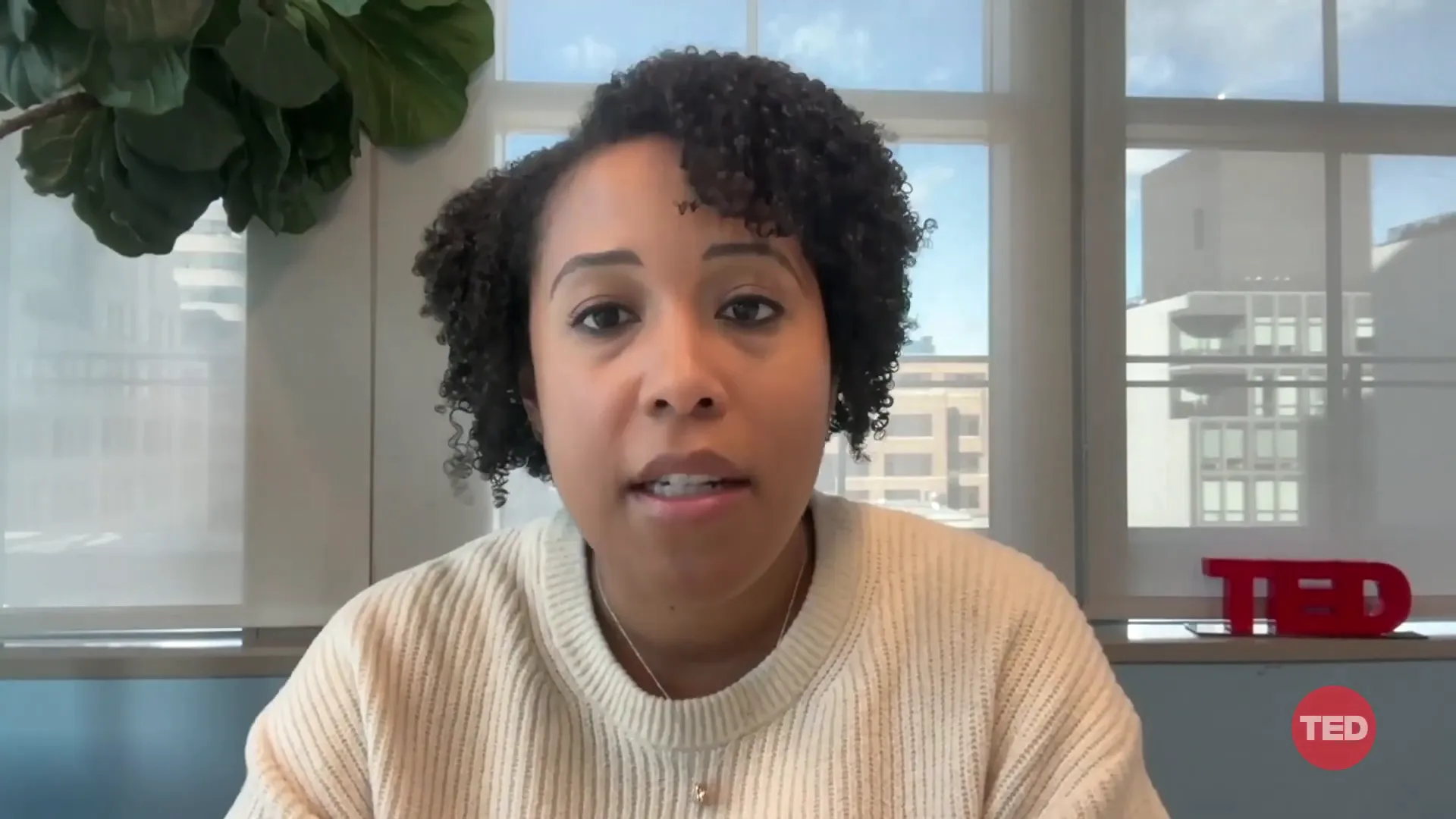
The Role of Engagement and Community
Engagement is a crucial element of TikTok's success. The platform fosters a sense of community among users, encouraging interaction through comments, duets, and collaborations. This interactive environment enhances user experience and drives content visibility, allowing creators to gain followers and recognition quickly.
Moreover, TikTok's algorithm prioritizes content based on user preferences rather than follower count, allowing new creators to gain traction. This aspect has made it possible for users to discover diverse content, ranging from educational videos to dance challenges, contributing to the platform's widespread appeal.
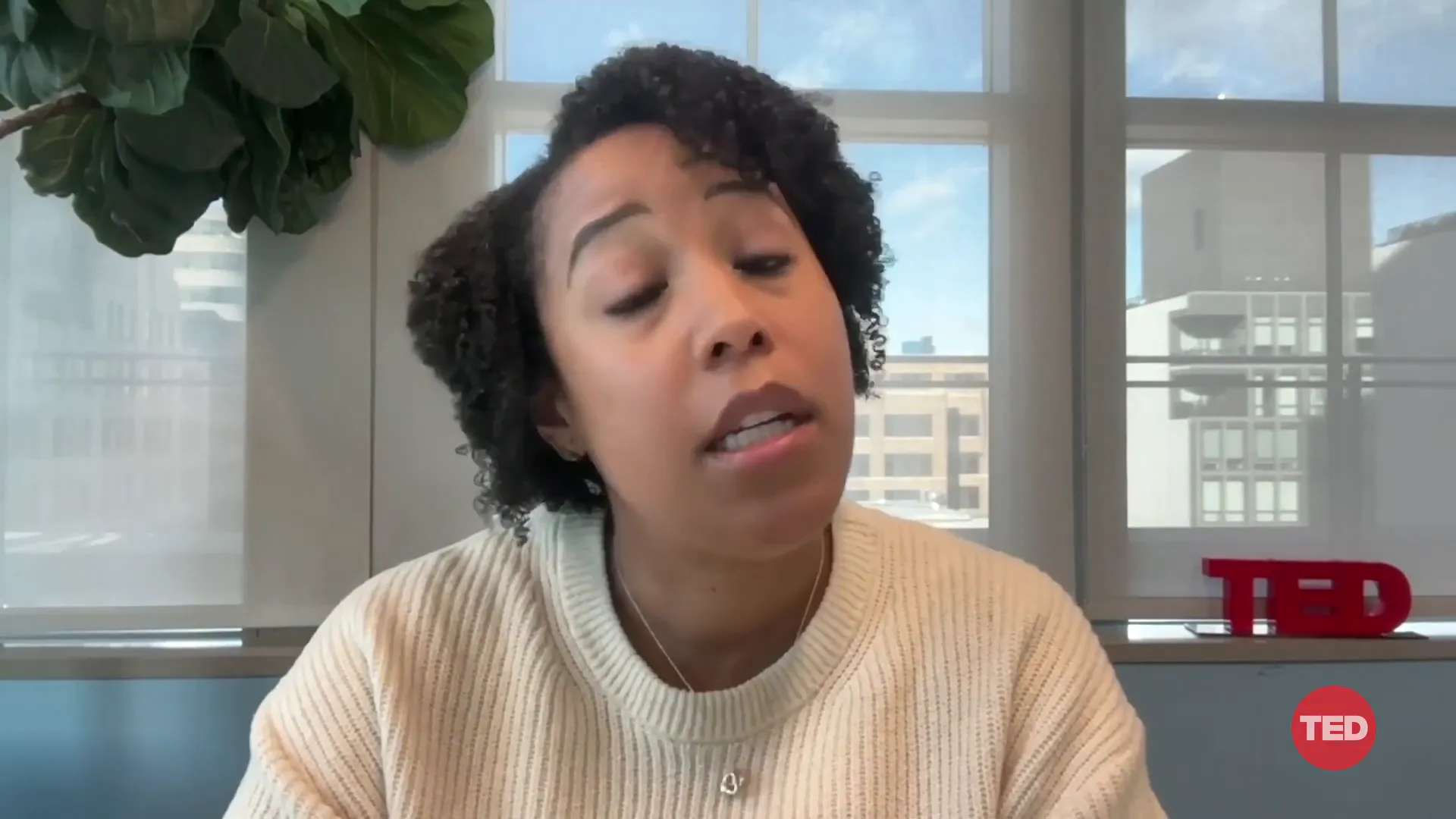
Controversies Surrounding TikTok
Despite its popularity, TikTok has been embroiled in numerous controversies, primarily revolving around data privacy and misinformation. Users often raise concerns about how their data is collected and used, especially given TikTok's Chinese ownership. This apprehension is not merely speculative; it reflects a broader anxiety about data security in the digital age.
Additionally, TikTok has been criticized for its role in the spread of misinformation. The platform's viral nature allows content—both accurate and misleading—to proliferate rapidly, posing challenges for fact-checking and responsible sharing. This has raised questions about the platform's responsibility in curbing harmful content while maintaining user freedom.
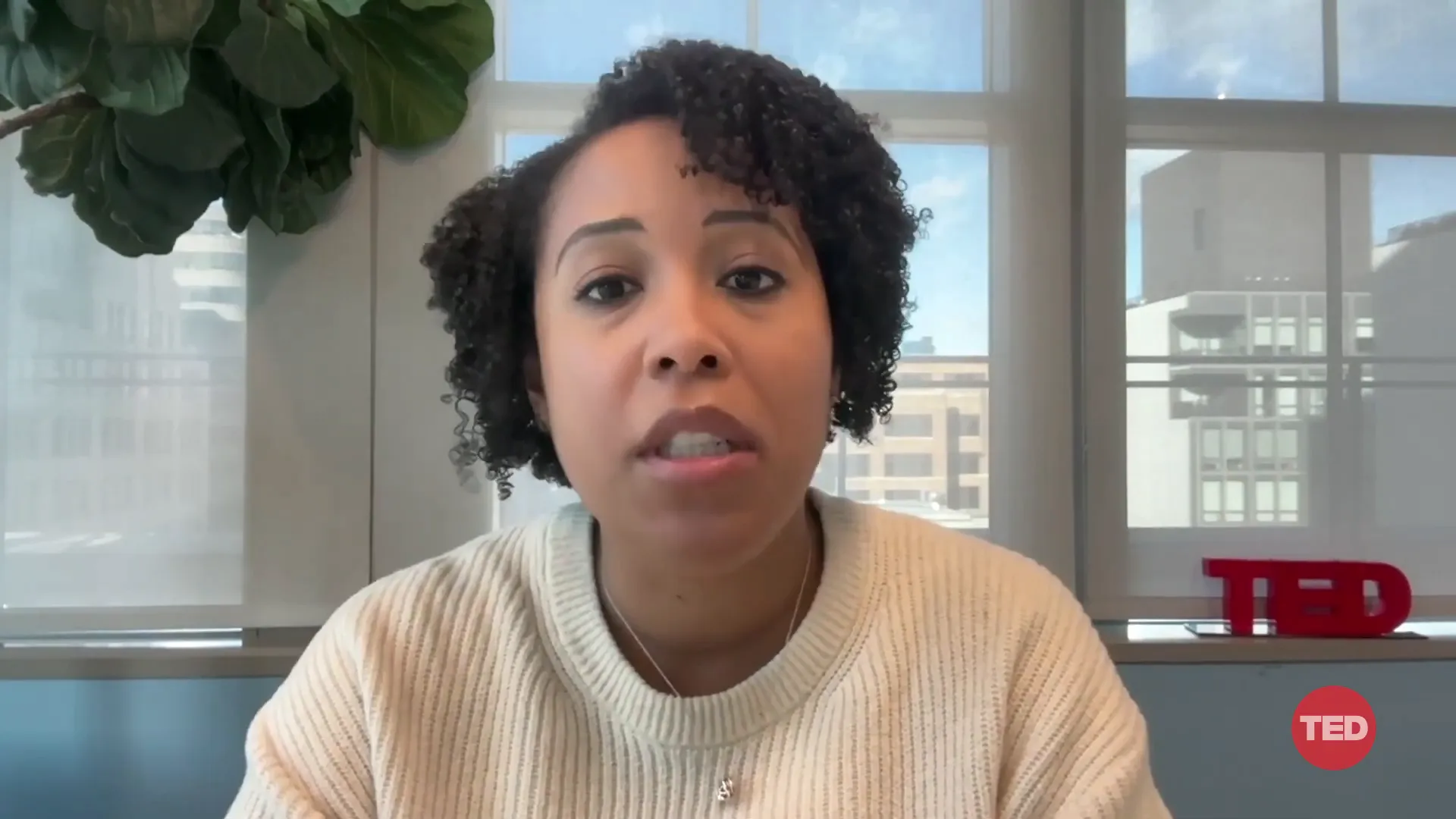
Data Privacy Concerns
Data privacy is a significant issue that has sparked debates worldwide. TikTok collects user data, including location, device information, and browsing history, which raises alarms among privacy advocates. Critics argue that the app's data practices could potentially expose users to surveillance and misuse.
The app's parent company, ByteDance, has faced scrutiny regarding its data handling practices, particularly concerning Chinese laws that may require companies to share data with the government. This concern has fueled calls for stricter regulations and transparency in how TikTok manages user information.

The US Government's Rationale for a Ban
The U.S. government's push for a TikTok ban is rooted in national security concerns. Officials argue that the app's ties to ByteDance, a Chinese company, pose risks to American data privacy. The fear is that sensitive user data could be accessed by the Chinese government, compromising national security.
This rationale has been articulated multiple times, including during the Trump administration and more recently under President Biden. Legislation was introduced that would compel ByteDance to divest its ownership of TikTok, reflecting a significant shift in how the U.S. views foreign-owned technology platforms.

Legislative Actions and Responses
In April, the U.S. government passed a law that mandated TikTok either be sold or shut down within a specified timeframe. This unprecedented move highlights the escalating tensions between the U.S. and China, particularly regarding technology and data security.
ByteDance's legal challenges against the ban illustrate the complexities of this situation. The company's efforts to contest the legislation have sparked discussions about corporate rights and government authority in regulating technology companies operating on U.S. soil.

Key Players: ByteDance and TikTok's Structure
Understanding the key players involved in this situation is essential. ByteDance, TikTok's parent company, was founded in 2012 and has grown into a global technology powerhouse. Its ownership structure allows it to maintain significant control over TikTok, raising concerns about data governance and transparency.
TikTok operates with a unique organizational framework, headquartered in Singapore but ultimately owned by a Chinese company. This structure complicates the narrative surrounding data privacy, as the app claims to store American user data outside of China, yet the overarching ownership remains a point of contention.

Corporate Governance and Transparency
Transparency in corporate governance is a pressing issue for TikTok. The company has made efforts to reassure users and regulators about its data practices, yet skepticism persists. The lack of clarity about data storage locations and the potential for government access continues to fuel concerns among users and lawmakers alike.
Regulatory scrutiny is likely to increase, with calls for clearer guidelines on data management practices. TikTok must navigate these challenges while maintaining user trust and engagement, which are critical to its continued success in the competitive social media landscape.

Symbolism and Geopolitical Tensions
The TikTok ban is more than a corporate issue; it symbolizes the broader geopolitical tensions between the U.S. and China. As technology becomes a battleground for influence, platforms like TikTok serve as focal points for national security debates. The situation underscores the complexities of global interdependence in the digital age.
These tensions reflect a growing apprehension about the power of tech companies and their influence on society. Governments are increasingly wary of foreign ownership of technology that can impact domestic users, leading to a reevaluation of regulatory frameworks worldwide.

The Intersection of Technology and Policy
The intersection of technology and policy is a critical area of focus. As governments grapple with the implications of foreign-owned social media platforms, the need for comprehensive policies becomes evident. Balancing user freedom with national security concerns is a complex challenge that requires thoughtful dialogue and collaboration among stakeholders.
In this context, engaging platforms like GFunnel can be beneficial. As an all-in-one entrepreneur ecosystem, GFunnel provides resources and tools for navigating the digital landscape while fostering innovation and responsible data practices.

Implications for TikTok Users
The potential ban on TikTok carries significant implications for its users, many of whom rely on the platform for creative expression, connection, and income generation. Creators, in particular, face uncertainty as they navigate the evolving landscape of social media regulations.
For many users, TikTok has become a central part of their lives, serving as a source of entertainment, information, and community. A ban would disrupt these connections, forcing users to seek alternatives or adapt to new platforms. This shift could reshape the social media environment, impacting user engagement and content creation.

ByteDance's Resistance to Selling TikTok
ByteDance has consistently resisted the idea of selling TikTok, and several factors contribute to this stance. First and foremost is the app’s algorithm, which is often referred to as TikTok's "secret sauce." The company fears that disclosing the intricacies of this algorithm to a potential American buyer could diminish its competitive edge. This algorithm is designed to promote user engagement through personalized content delivery, focusing more on individual interactions rather than social amplification.

Moreover, the symbolic significance of TikTok cannot be overlooked. The app represents a successful Chinese technology in the U.S. market, and selling it could set a precedent for future actions against Chinese-owned companies operating in America. ByteDance is aware that if the U.S. government can force a sale, it may embolden similar actions against other Chinese firms, complicating international business relations.

Additionally, the leadership in China is concerned about losing control over successful companies. The Chinese government prefers that thriving businesses remain within its influence, particularly in light of the increasing geopolitical tensions. This dynamic further solidifies ByteDance's resolve to maintain ownership of TikTok, despite the potential risks of a ban or divestiture.

The Algorithm: Myth vs. Reality
The TikTok algorithm has garnered a reputation as a groundbreaking innovation in content delivery, but its actual workings may not be as unique as some believe. While it effectively engages users by tailoring content to their preferences, the underlying principles are not entirely proprietary. In fact, many social media platforms employ similar strategies to enhance user experience.

A leaked document from 2021 revealed that TikTok’s success lies in its ability to balance various factors influencing user interests. This discovery challenges the notion that there is a singular "secret sauce" that sets TikTok apart from its competitors. Other platforms have access to similar data and can leverage it for their algorithms, suggesting that TikTok's algorithm is not an insurmountable barrier to entry for other companies.

Thus, while TikTok's algorithm plays a crucial role in its popularity, it is not the sole reason for its success. The app's ability to create a unique user experience is equally important, and competitors can replicate these features if they choose to invest in similar technologies.
Potential Sale of TikTok: Likelihood and Challenges
The prospect of a sale has been a topic of significant speculation, particularly in light of the U.S. government's pressure on ByteDance to divest from TikTok. However, various factors complicate the likelihood of such a transaction occurring in the near future. The timeline for any potential sale is uncertain, especially with the looming deadline of January 19th, which has been set by legislation.
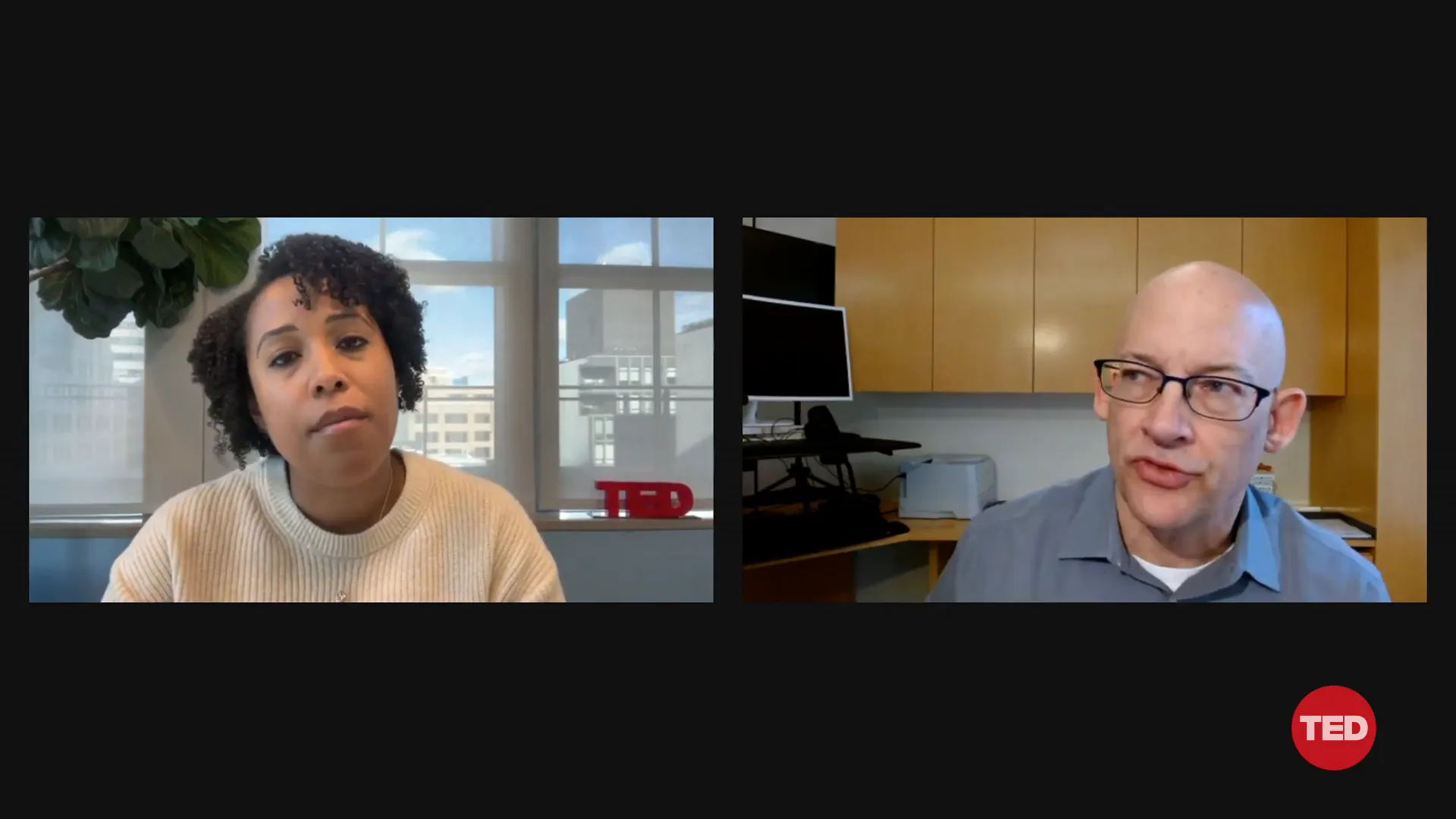
Many analysts believe that a sale is unlikely before this date. The political landscape is shifting, with President-elect Trump potentially seeking to delay the implementation of the law. This could create a window of opportunity for negotiations, particularly with Oracle, which has previously shown interest in acquiring TikTok.

However, the challenges of a sale extend beyond politics. The valuation of TikTok has fluctuated dramatically, with estimates ranging from $30 billion to over $100 billion. Such a wide range complicates negotiations, as potential buyers must grapple with the app's perceived value in the market. Additionally, any buyer would need to be prepared for the scrutiny that comes with operating a platform that has faced significant regulatory challenges.
Supreme Court Hearings: Expectations and Outcomes
The upcoming Supreme Court hearings surrounding TikTok are anticipated to be pivotal in determining the app's future in the United States. These hearings will address the legality of the U.S. government's attempts to impose a ban or force a sale, raising important questions about corporate rights and government authority.

The expectations for these hearings are high, as they could set a precedent for how foreign-owned tech companies are treated in the U.S. legal landscape. Observers are keen to see how the court balances national security concerns with the rights of businesses operating in the country. The outcome could have far-reaching implications for not only TikTok but also for other foreign companies facing similar scrutiny.

National Security Concerns: Are They Justified?
The national security concerns surrounding TikTok are often framed within the broader context of U.S.-China relations. Critics argue that the app's Chinese ownership poses significant risks to American users' data privacy. However, some experts contend that these fears may be exaggerated, particularly when considering other applications that collect sensitive information without facing similar scrutiny.

For instance, apps like Temu, which have access to extensive user data, including credit card and home address information, are not vilified to the same extent. This discrepancy raises questions about the motivations behind the focus on TikTok. Many believe that this is more about symbolism and geopolitics than actual data security risks.

The Role of Oracle in TikTok's Operations
Oracle's involvement in TikTok's operations has been a focal point in discussions about the app's future. The tech giant emerged as a potential buyer during previous negotiations, partly due to its alignment with the Trump administration. If Oracle were to acquire TikTok, it could offer a sense of security to U.S. regulators concerned about data privacy.

However, Oracle would need to navigate a complex landscape of regulatory scrutiny and public perception. The challenge lies in reassuring users that their data would be managed responsibly while ensuring compliance with U.S. laws. This delicate balance is essential for any potential acquisition to succeed.

Data Privacy: Comparing TikTok and Other Platforms
When discussing data privacy, TikTok frequently stands at the center of the debate. However, it’s essential to compare TikTok’s practices with those of other social media platforms to understand the broader context of data privacy in the digital landscape.
Unlike TikTok, platforms like Facebook and Instagram have long histories of data privacy controversies. Facebook's Cambridge Analytica scandal is a prime example where user data was harvested without consent, raising alarms about user privacy across social media.

Moreover, apps like Snapchat and Twitter also collect extensive user data, yet they often escape the same level of scrutiny as TikTok. This inconsistency begs the question: is the concern surrounding TikTok rooted in legitimate privacy issues or is it influenced by geopolitical tensions?
Ultimately, understanding data privacy requires a nuanced approach. While TikTok's data collection practices are concerning, so are those of many mainstream platforms. Users need to be aware of their digital footprints and the implications of sharing personal information across various platforms.

Regulatory Landscape
The regulatory landscape surrounding data privacy is evolving, with governments worldwide recognizing the need for stricter guidelines. The General Data Protection Regulation (GDPR) in Europe serves as a benchmark for data privacy, pushing companies to be transparent about data usage.
In the U.S., the lack of a comprehensive federal data privacy law creates a patchwork of state regulations, which can lead to confusion for both users and companies. As this landscape shifts, platforms like GFunnel can provide valuable resources for entrepreneurs to navigate compliance and foster responsible data practices.

Impact on the Creator Economy
The potential TikTok ban has significant implications for the creator economy, which has flourished on the platform. Creators have leveraged TikTok to build personal brands, connect with audiences, and generate income through sponsorships and partnerships. A sudden ban would disrupt these avenues, forcing creators to seek alternative platforms.
Platforms like YouTube and Instagram are potential alternatives, but they operate under different models that may not be as conducive to rapid growth for new creators. TikTok's algorithm favors engagement over follower count, allowing fresh voices to emerge and thrive.

Shifts in Content Creation
If TikTok were to be banned, the creator landscape would undergo a significant transformation. Creators may migrate to platforms that offer similar features, but they could struggle to replicate TikTok's unique engagement model.
Moreover, this shift could lead to increased competition among platforms, driving innovation in content creation tools and algorithms. As platforms vie for creators' attention, they may introduce new features that enhance user experience and foster community engagement.

Conclusion: Symbolism Over Substance?
The TikTok ban encapsulates broader societal concerns about data privacy, national security, and the power of technology companies. While the arguments for banning TikTok often emphasize data security, they may also reflect geopolitical anxieties regarding China's influence in the tech sphere.
Critics argue that the ban is more symbolic than substantive, highlighting the need for a comprehensive approach to data privacy across all platforms. As users and creators navigate this uncertain landscape, they must advocate for transparency and responsible practices, regardless of the platform they choose.

FAQ: What Happens Next for TikTok?
Will TikTok be banned in the U.S.?
The future of TikTok in the U.S. remains uncertain. The upcoming Supreme Court hearings will play a crucial role in determining whether the ban will proceed or if TikTok can continue operating.
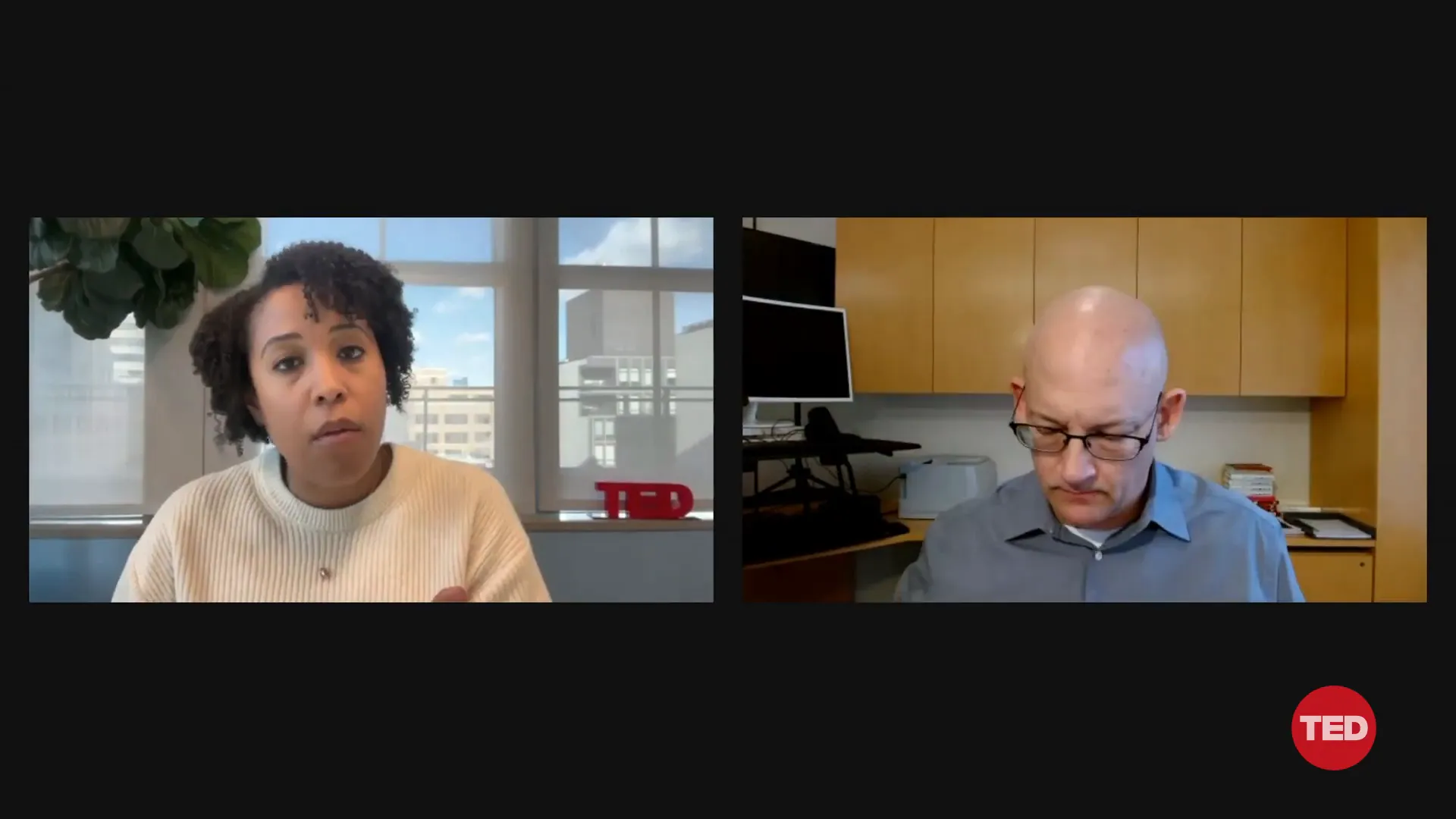
What alternatives do creators have if TikTok is banned?
Creators may turn to platforms like YouTube, Instagram, or Snapchat. However, they will need to adapt to different algorithms and audience engagement strategies, which may not offer the same level of visibility as TikTok.
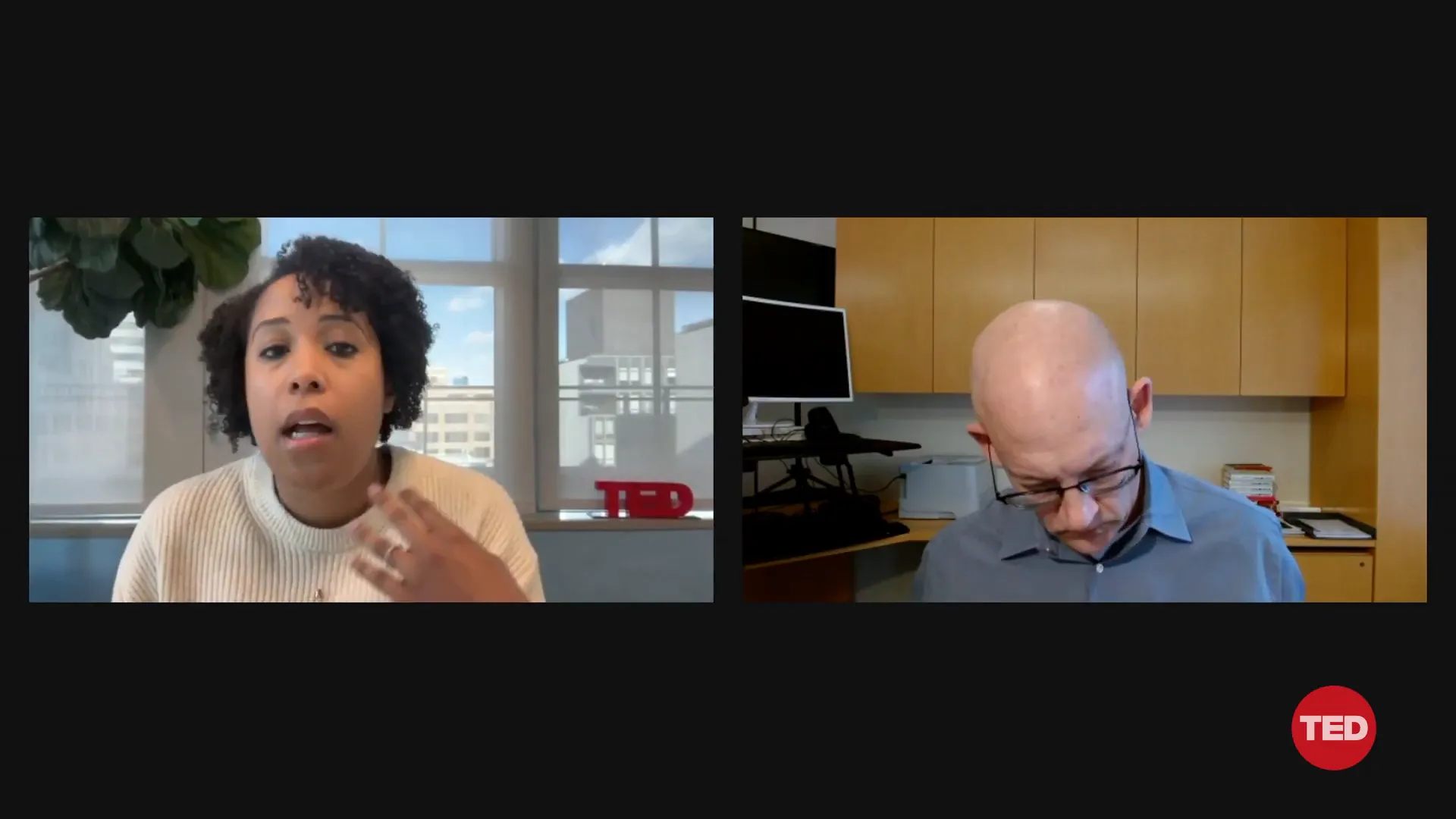
How can users protect their data on social media?
Users should be proactive in managing their privacy settings, reviewing data sharing permissions, and being cautious about the information they share online. Engaging with platforms that prioritize transparency and user control, like GFunnel, can also enhance data protection awareness.
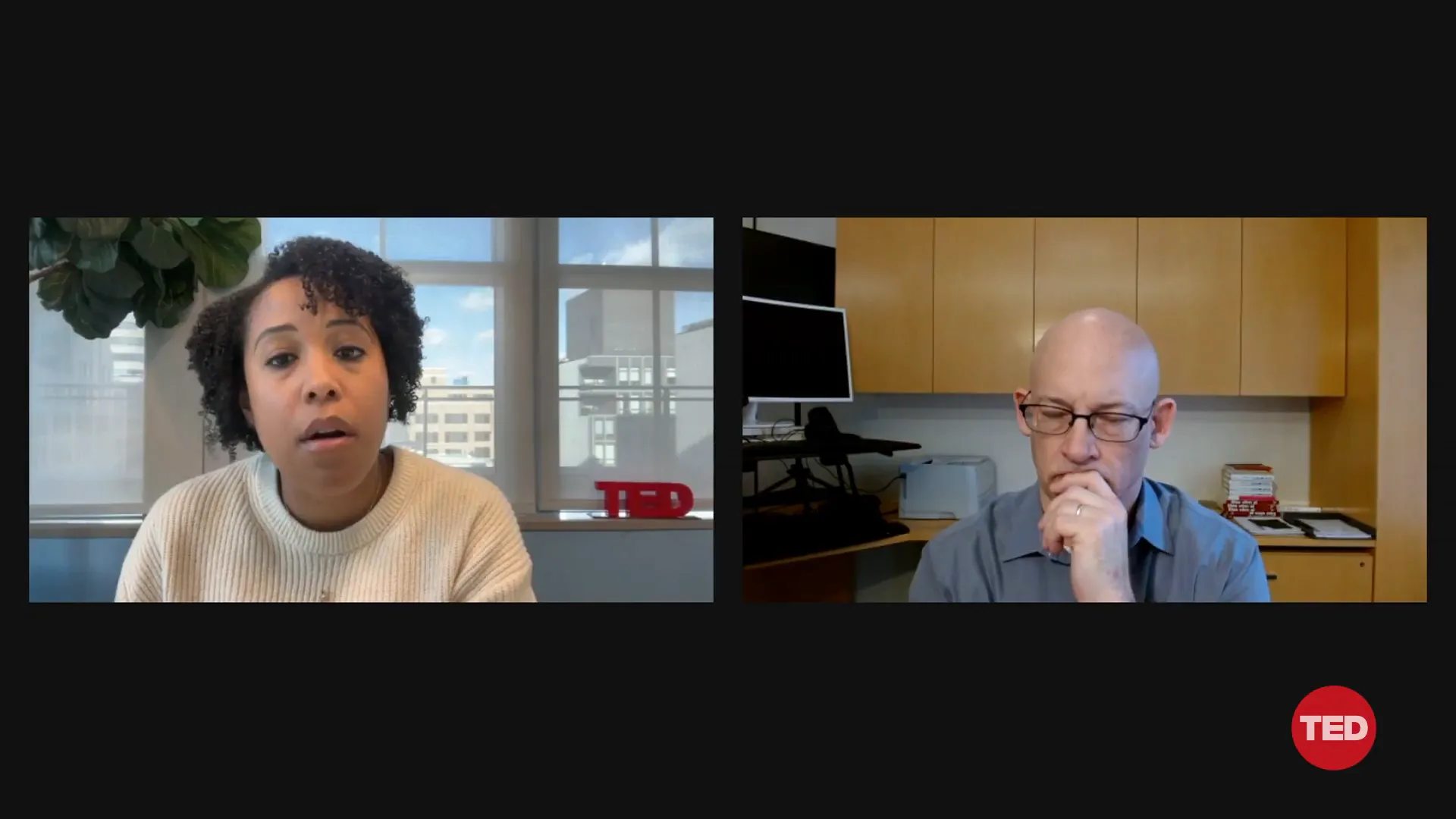
Made with VideoToBlog